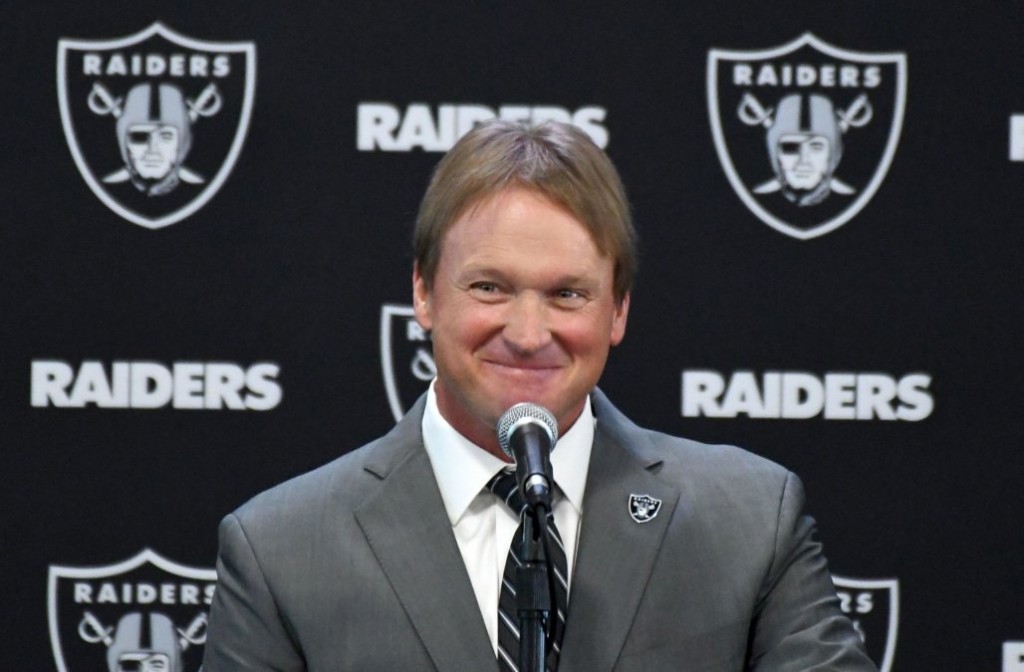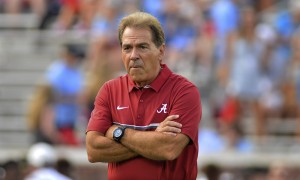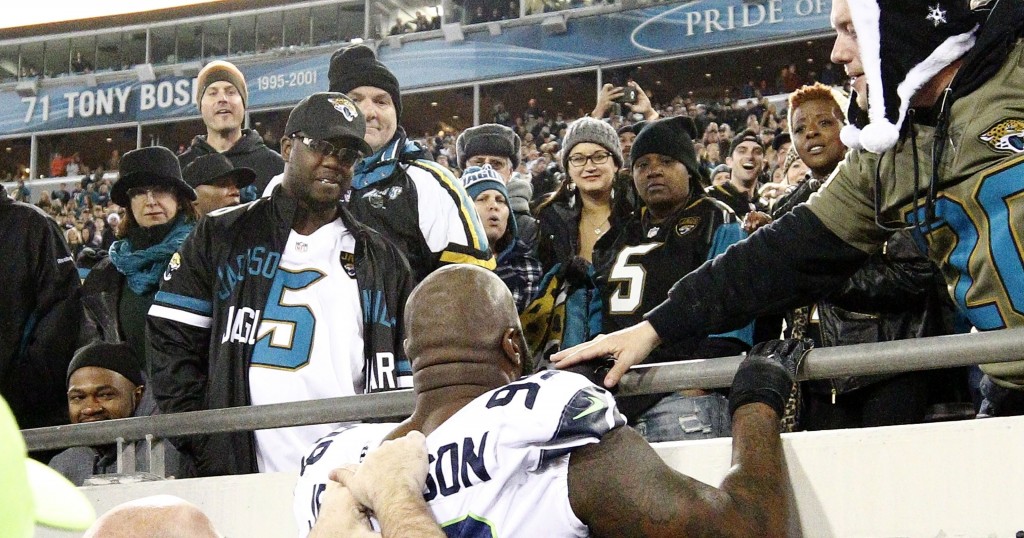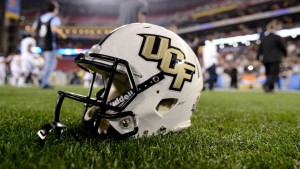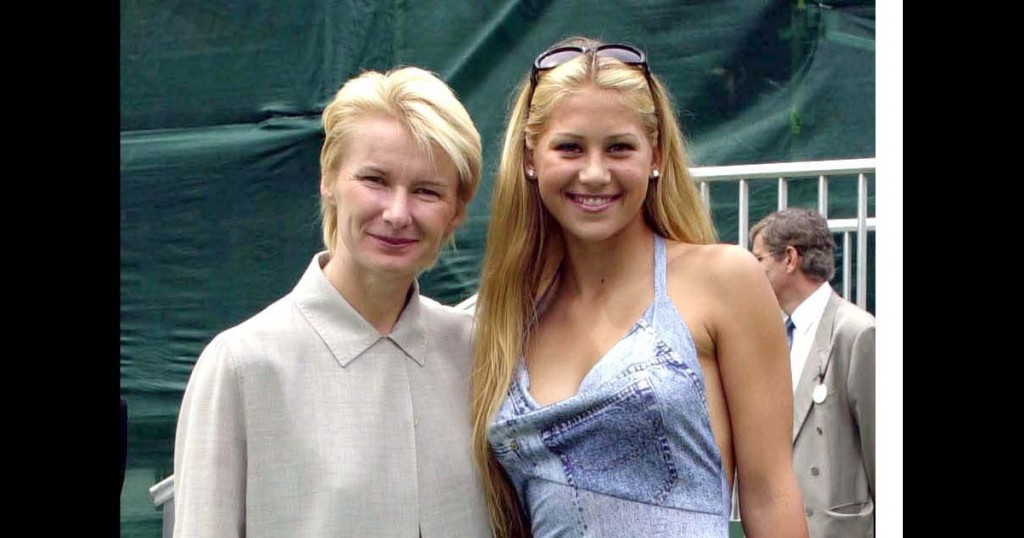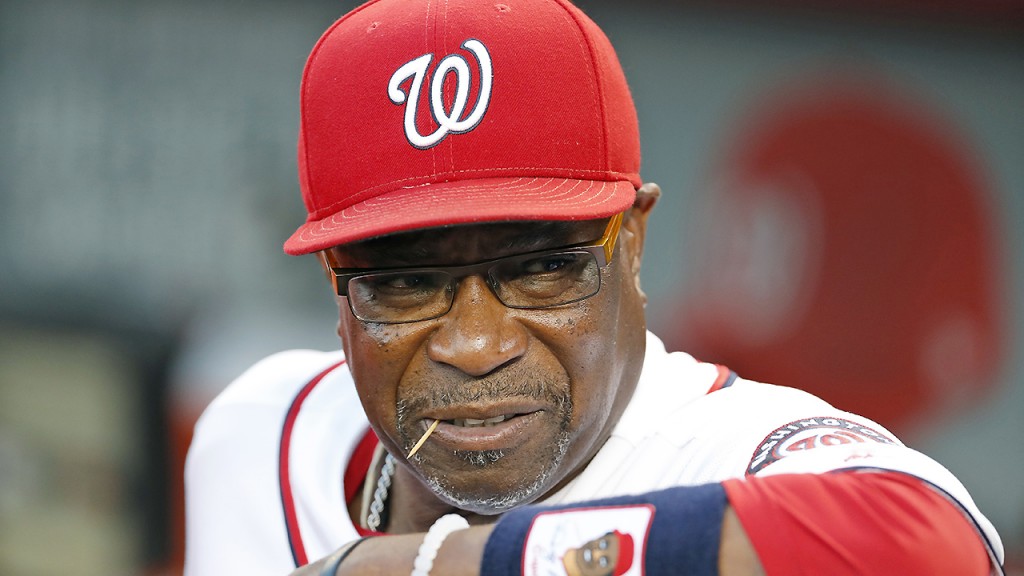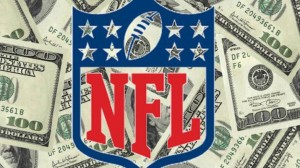by Gus Griffin
Donald Trump won it last year, with Daddy Ball taking a distant 2nd.
When the Oakland Raiders rehired Jon Gruden to a 10-year/$100 million contract, he without question did the best job of pimping his Monday Night Football analyst platform for the greatest return. Yes, the deal is back loaded with the first 5 years actually paying him in the range of “only” $5 million per year and the last 5 paying in the range of about $15 million per year. One would think even that amount is heavily incentivized with bonuses for making playoffs, winning super bowl, etc…but this is the Raiders. Common sense isn’t so common.
Let me be clear what I mean by “Platform Pimp”. A platform pimp is anyone that exploits a high-profile situation, under the guise of problem solving, for their own benefit. The really good pimps raise expectations to unrealistic levels, even without much of a track record of meeting such expectations. These people are very good at giving the impression of expertise in a certain area that is either in high need of a solution and or very popular.
I am not actually even mad at Gruden. I am just dumbfounded at how often and easily these 3 Card Monty players can actually get someone to play his game. In this case, that someone is the Oakland Raiders…who have gone for this okie-doke before…see Lane Kiffin.
In fairness to the Raiders, Gruden is far more accomplished than Kiffin was when they hired him. Gruden has had some success as a head coach, including winning the Super Bowl with Tampa Bay. But we all know that Tony Dungy built that team. His best work was actually prior to that with the Raiders, the team his Bucs beat in the Super Bowl after the 2002 season. He did make the Raiders matter again, going 38-26 over 4 years. His two playoff losses could only be classified as bad luck. His 12-4 – 2000 Raiders lost to the Ravens, in no small part due to Baltimore tackle Tony Siragusa falling on QB Rick Gannon, knocking him out of the game. I have never been convinced that the Trent Dilfer-led offense of the Ravens come out of Oakland with that AFC title win if Gannon does not get hurt. I am convinced that the Raiders would have beaten the Giants to win that super bowl after the 2000 season. Then after the 2001 season, the infamous “Tuck Rule” game loss to the Patriots. One can’t blame Gruden for either one of those.
However, in Tampa, even with one of the greatest defenses of the past 25 years, his record was 57-55. The man who has promoted himself as quarterback and offensive guru couldn’t get much from his QB nor offense in his last coaching stop in Tampa.
The bottom line is that we are not talking about Bill Parcells in the 1990’s. Jon Gruden is basically Mike Shanahan, minus 1 Super Bowl ring.
So the central concerns are two: 1) if this happens, in the closest thing in American society to a transparent meritocracy, imagine what is happening where there is no transparency; and 2) It isn’t just the Raiders’ or even Davis family money. Though not directly, it’s taxpayer money as well. Connect the dots: part of the Raiders profit margin comes from generous tax breaks the city of Oakland granted them to move back and since to remain. These are tax breaks that have been pocketed and will certainly not be returning to the struggling working-class city, even though the team is slated to move. This Gruden contract is like the Raiders giving a final middle finger to one of the most loyal and greatest fan bases in all of sports.
What’s most important is to figure out why platform pimping works and how to recognize and avoid falling for the act. The simple reason it works is that there will always be a critical mass of people who love a messiah. This is true beyond sports. The notion that one person will come along and solve all of your problems, and in the process let the collective you off the hook is appealing. Though irrational, it is a lot easier to conceptualize one hero than it is to imagine the collective engaging in the tedious and often unsexy ground level work necessary for success. It’s the same as those whose primary economic freedom plan is to win the lottery.
Only the self-delusional have difficulty recognizing platform pimps. The three things necessary to avoid their game are as follows: 1) always remember that a platform in of itself does not equate to credibility…especially in the social media age; 2) Can you reasonably foresee the collective benefiting from this person’s work more than the person; and 3) does the person have a track record of success? Parcells always said, “You are what your record says you are.”
I hope that Terrell Owens is paying attention. His on-field performance is without question Hall of Fame worthy and yet he has been denied twice. I suggest he interview to become Gruden’s replacement on Monday Night Football. It would give him a platform to clean up the perception many of the HOF voters have of him….a perception that he surely had a role in creating.
If you are fortunate enough to secure a platform and stay in the public’s consciousness long enough to build a positive image, the fallacy of recently will impact its impression of you more than your actually merit based record. This is a good thing for Jon Gruden. Not so good for Terrell Owens.
Gus Griffin, for War Room Sports

